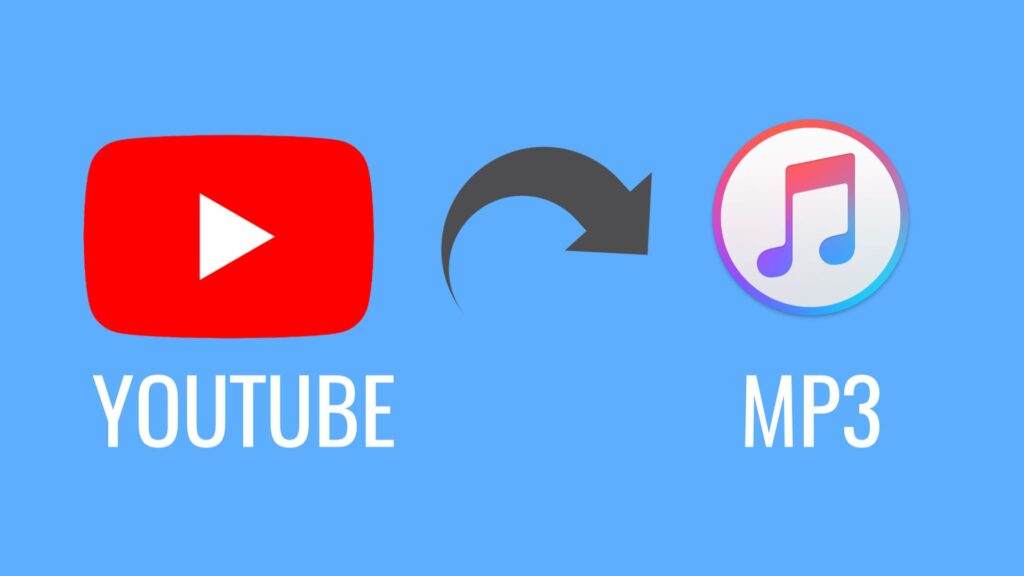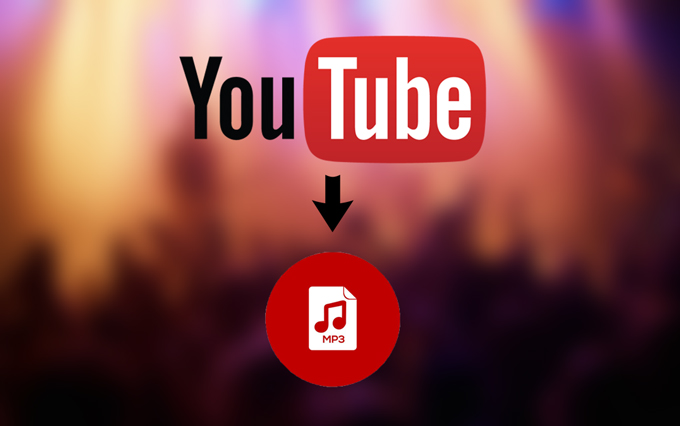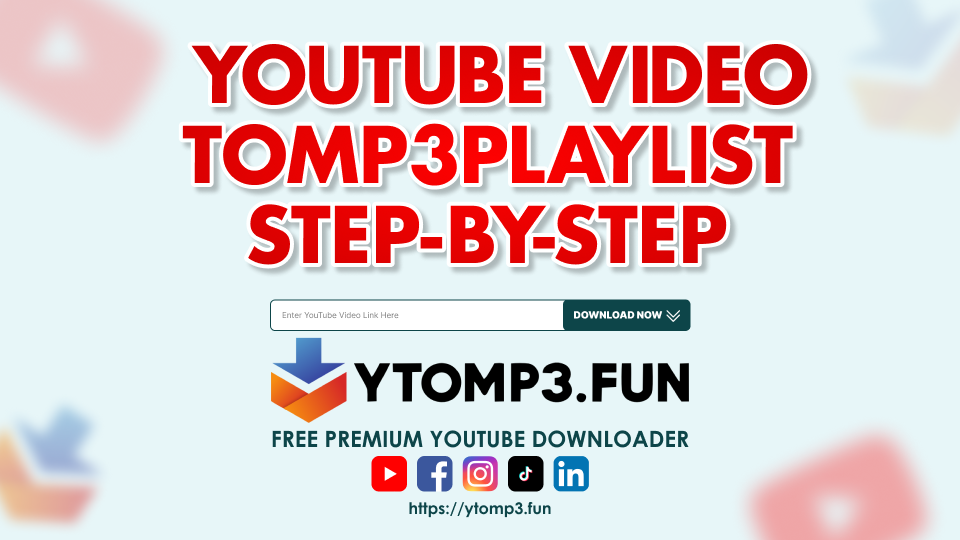From YouTube Video to MP3 Playlist: Step-by-Step Guide for Beginners
YouTube Video to MP3 Playlist
Creating an MP3 playlist from your favorite YouTube videos is an excellent method to access audio content on the road without the need for Wi-Fi or cellular data. Whether it’s music, podcasts, or instructive films, converting them to MP3 lets you create a personalized audio collection. This article gives simple steps to get you started.
“Converting YouTube videos to MP3 lets you carry your favorite content with you, perfect for offline listening anytime, anywhere.”

Why Convert YouTube Videos to MP3?
Before we get started, here’s why YouTube to MP3 Convert format is such a good idea:
- Offline Access: You can enjoy your favorite content without the need for an internet connection.
- Smaller File Sizes: MP3 files are compressed, making them simple to store and transfer between devices.
- Custom playlists: Create playlists based on your preferences—no commercials, no distractions.
- MP3 is a universally accepted format, which means your playlist will operate on practically any device.
Step 1: Select a YouTube to MP3 Converter.
The first step is to choose a reputable YouTube to MP3 converter that is simple to use and produces good results. Here are some highly rated options:
- YTMP3 is a simple, web-based converter that instantly converts videos to MP3.
- 4K YouTube to MP3: This downloadable tool offers high-quality 320kbps audio and allows for batch conversion.
- Y2Mate is a famous online tool that provides rapid conversions and high-quality audio selections.
- Snap Downloader: Known for playlist downloads, this tool allows you to convert many videos at once.
When choosing a converter, look for choices that support at least 192kbps quality to ensure good audio for music and spoken content.

Step 2: Copy the YouTube video URLs.
To start the conversion, you’ll need the URLs to the videos you wish to convert:
- Navigate to YouTube. Open YouTube in your browser and locate the video you want to convert.
- Copy the URL: Use the address bar to copy the video’s URL. For several videos, copy each URL and save it in a text document for quick access.
Step 3: Paste the URLs in the Converter
Once you’ve got the URLs, open your preferred converter and paste them into the designated input box.
- For programs such as YTMP3 and Y2Mate, paste the URLs one at a time.
- If you’re converting a playlist, tools like SnapDownloader or 4K YouTube to MP3 let you paste a list of URLs.
Step 4: Select Audio Quality.
Most converters provide quality settings for your MP3 files, which commonly range from 128kbps to 320kbps. To maintain decent sound quality, select a higher bitrate, such as 320kbps if available. Higher bitrates improve audio quality but result in higher file sizes. For most music fans, 192kbps strikes a reasonable mix between quality and size.
Step 5: Download MP3 files.
Once you’ve decided on the quality, click the download button. The utility will initiate processing and generate a download link for each file.
- Single Downloads: Save each MP3 file to a separate folder on your device.
- Batch downloads (for playlists): Depending on the tool, you may be able to download all files at once while converting a playlist.
Tip: Store your downloaded MP3s in an organized folder labeled with the playlist or genre for convenient access.

Step 6: Manage Your MP3 Playlist
After downloading, the following step is to organize your MP3 songs into playlists that are conveniently accessible on your device. Here’s how to create playlists on different devices:
On smartphones and tablets.
- Create a playlist using a media player app like VLC or Apple Music.
- Open the program and import the MP3 files that you downloaded.
- Create a new playlist and arrange your files in the correct order.
On Computers
- On Windows or Mac, iTunes or Windows Media Player work well for playlist management.
- Import the MP3 files into your media library.
- Create a new playlist, then drag and organize the files within it.
Dedicated MP3 Players
- Use a USB cord to transfer the files to your MP3 player. Most MP3 players allow you to create playlists directly from their menus.
FAQs for YouTube to MP3 Conversion
Q1: Are there any legal concerns to keep in mind?
Converting YouTube videos to MP3 is generally permitted for personal use, but be careful of copyright restrictions and comply with YouTube’s terms of service.
Q2: How can I convert a whole YouTube playlist to MP3?
Converters like Snap Downloader and 4K YouTube to MP3 offer batch downloads, making it simple to convert whole playlists at once.
Q3: How does transcoding videos to MP3 effect sound quality?
Yes, converting and compressing audio to MP3 has an impact on quality, however using a high bitrate (such as 320kbps) helps to maintain sound integrity.

Final Tips for Creating and Enjoying Your MP3 Playlist.
Use Reliable Converters: Choose recognized converters to avoid quality concerns or potential security risks.
- Choose High Bitrate: For the finest audio experience, use high bitrates, particularly for music playlists.
- Organize Files: Keeping your device’s files organized makes it easier to create new playlists and access your music.
“Building an offline playlist from YouTube videos is a fantastic way to enjoy personalized content without the need for constant internet access.”
Conclusion
Creating an MP3 playlist from YouTube videos is now easier than ever thanks to these simple procedures. This article will walk you through everything from selecting a reliable converter to organizing your music files so you can enjoy it offline without interruption. You can now watch your favorite material from anywhere, even if you don’t have access to the internet.


4 Comments